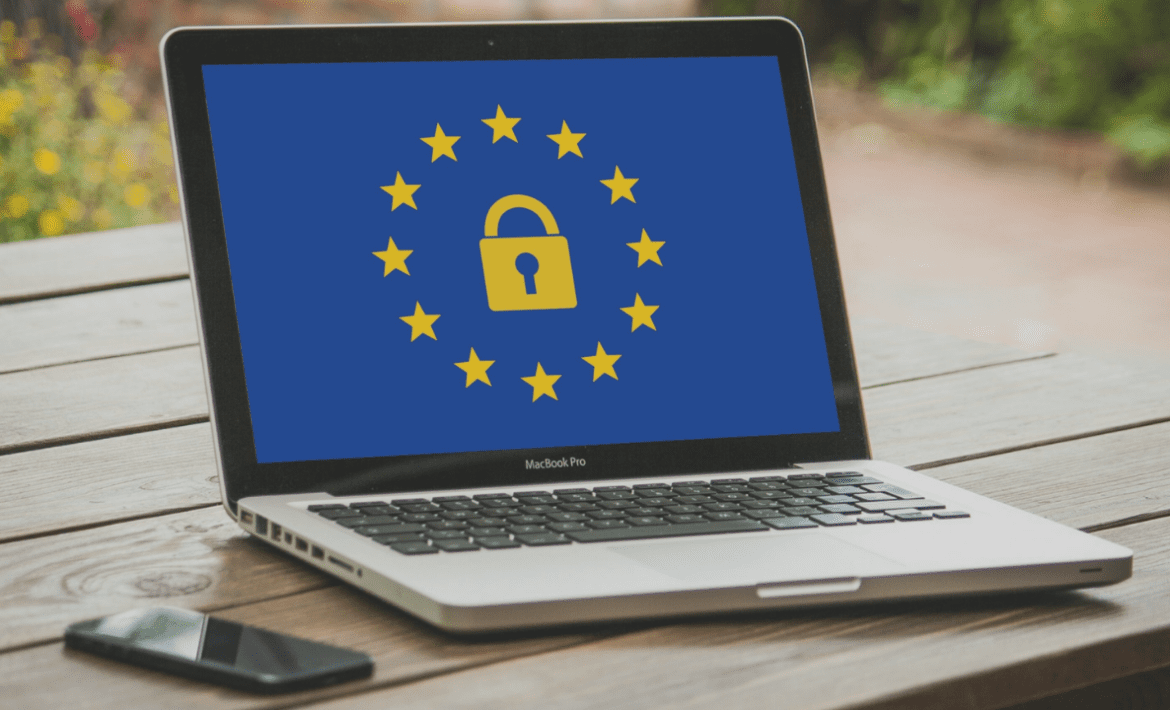Cookie consent violations lead to sanctions for TV2 Média Csoport Zrt
Cookie consent violations lead to sanctions for TV2 Média Csoport Zrt from the Hungarian supervisory authority. The Hungarian Supervisory Authority (SA) has issued a fine to TV2 Média Csoport Zrt for cookie consent violations. The company operates the websites “tenyek.hu” and “tv2play.hu” which make media content available to the public. The two websites also










